Education Minister Dan Tehan launches review into universities’ implemention of free speech code
Universities will face a sweeping government review into whether they are meeting national standards for freedom of speech.
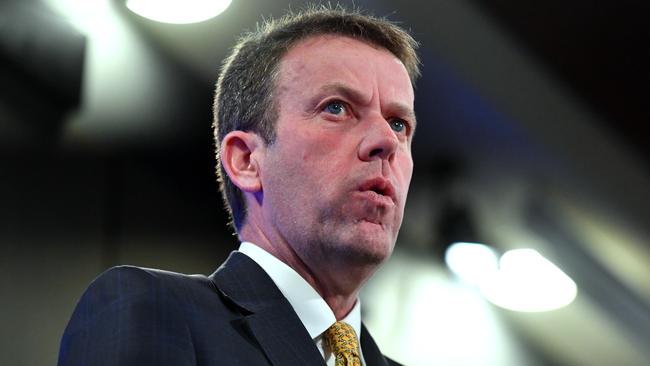
Universities will face a sweeping review into whether they are meeting national standards for freedom of speech in the face of several censorship controversies engulfing higher education.
Former Deakin University vice-chancellor Sally Walker will be tasked with investigating whether universities are in alignment with the free speech code devised by former High Court chief justice Robert French.
The review will assess whether there are gaps in their responses to freedom-of-speech issues, and if more action is required to make sure university leaders protect academic freedoms.
Education Minister Dan Tehan commissioned Mr French to create the free speech code for universities and argued a second review was needed to ensure universities were implementing its core principles.
“What this review is about is ensuring that all Australians understand the importance of freedom of speech and academic inquiry — and that our universities understand that,” Mr Tehan said.
“We are seeing challenges to free speech and academic inquiry across the globe. I want, and the government wants, these freedoms to be the pillars of our universities … Robert French did an outstanding job and we want to ensure that code is lived up to by our universities.”
All universities have agreed to implement the French code by the end of the year, but there are concerns in both government and academia that universities are resistant to reform and the exemptions in some universities’ free speech codes are too broad.
The University of NSW apologised this week for caving in to Chinese protests and deleting material critical of the mainland crackdown in Hong Kong.
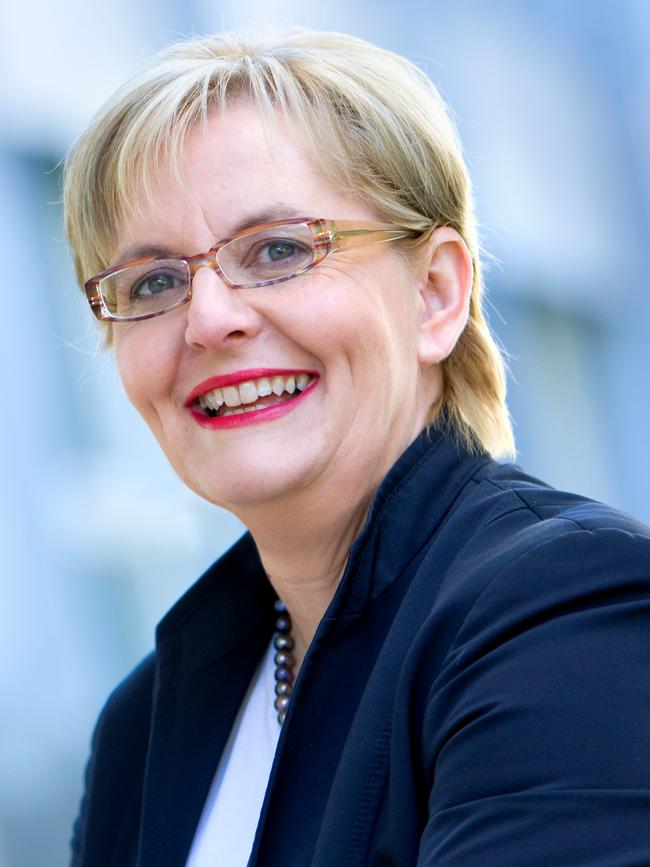
Two Queensland institutions — the University of Queensland and James Cook University — are also being sued in freedom-of-speech cases by a suspended student and a sacked professor respectively.
UNSW became further embroiled in the free speech controversy on Thursday when it was revealed that the reason for deleting a tweet from the university’s official Twitter account, which vice-chancellor Ian Jacobs later said was unnecessary, was presented differently to Chinese students.
The tweet, which publicised the call from a UNSW adjunct law lecturer for UN action on human rights violations in Hong Kong, was taken down last Saturday after it offended Chinese law students at the university and was attacked in the Chinese government-owned newspaper Global Times.
Professor Jacobs apologised on Wednesday in an email to staff and said the deletion of the tweet was not in line with the university’s freedom-of-speech policy that allows staff and students to express any view that can be legally expressed in Australia.
However, two days earlier the university had sent a letter in Mandarin to Chinese students and alumni saying the tweet was deleted because it was misleading. The letter apologised for the trouble “the incident” had caused.
Elaine Pearson, the lecturer whose views on Hong Kong were referred to in the tweet, and also expressed in a story on the UNSW website, said on Thursday that “it seems the university is saying one thing to international students and one thing to (university) staff”.
“It undermines the sincerity of the apology which went to staff,” said Ms Pearson, who is also the Australian director of Human Rights Watch.
Mr Tehan said he would not prejudge the findings of Professor Walker’s inquiry but he did not rule out making the free speech code mandatory by Christmas.
“Obviously the terms of reference state she can provide advice on that,” he said.
“If there is advice we should make any changes, I will move as quickly as possible to implement that.”
Professor Walker — a highly regarded law academic who led Deakin for eight years and whose husband Brendan Murphy is the federal Health Department secretary who has led the national response to COVID-19 — will hand over her findings to the government in November.
Mr French, now chancellor of the University of Western Australia, was commissioned to develop a voluntary code for university free speech in November 2018 following protests against gender studies critic Bettina Arndt’s campus speaking tour in which she denied there was a rape crisis affecting Australian students.
Since then, 20 universities have implemented the code in some form and 14 are in the process of developing a new free speech policy in line with Mr French’s framework.
In the past two months alone, four major universities have faced serious free speech issues.
University of Queensland student Drew Pavlou, who was suspended from UQ over his criticism of Chinese influence on campus, is suing the university, its chancellor and vice-chancellor for $3.5m.
A UQ disciplinary panel suspended Mr Pavlou’s enrolment for two years after he sparked an international incident last year when he staged a campus protest against China.
And a report in The Australian on Friday reveals that some federal South Australian MPs are concerned about rising Chinese influence at the University of Adelaide, as the cash-strapped institution seeks to hire former UQ vice-chancellor Peter Hoj as its new leader.
Sacked James Cook University professor Peter Ridd will also go to the High Court over his controversial sacking for publicly criticising the institution over its climate change science.
The Federal Circuit Court found last month that the Townsville-based university had not acted unlawfully when it sacked their employee of 30 years in 2018 for breaching its code of conduct with his criticism, overturning a previous decision to award him $1.2m.

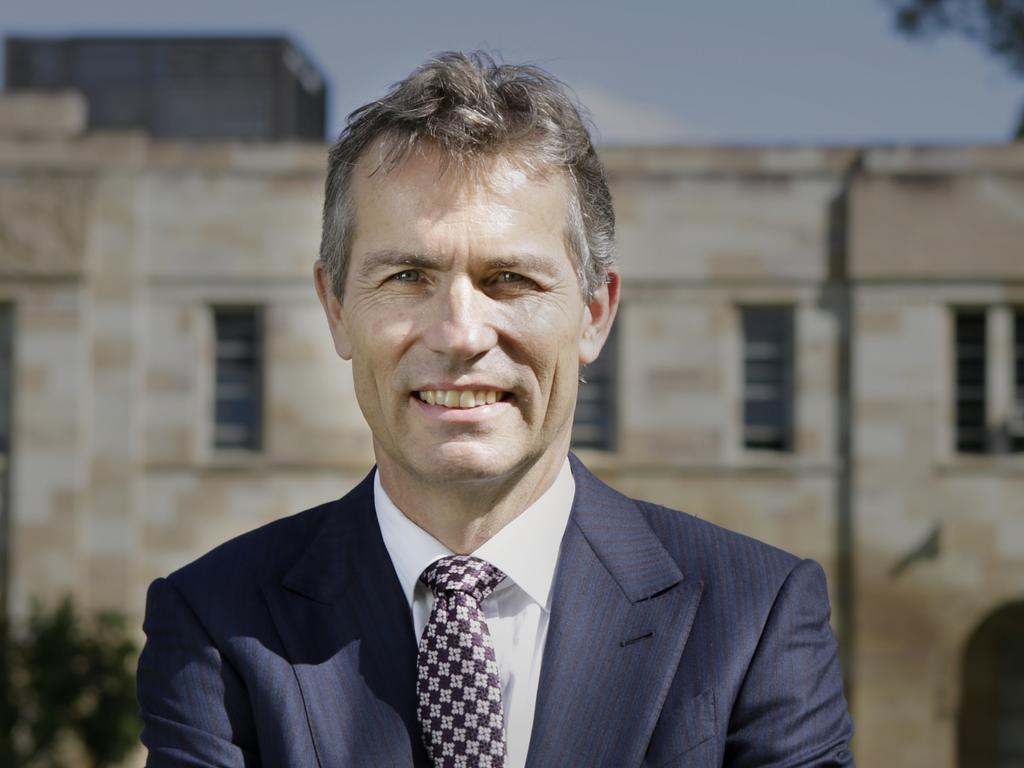
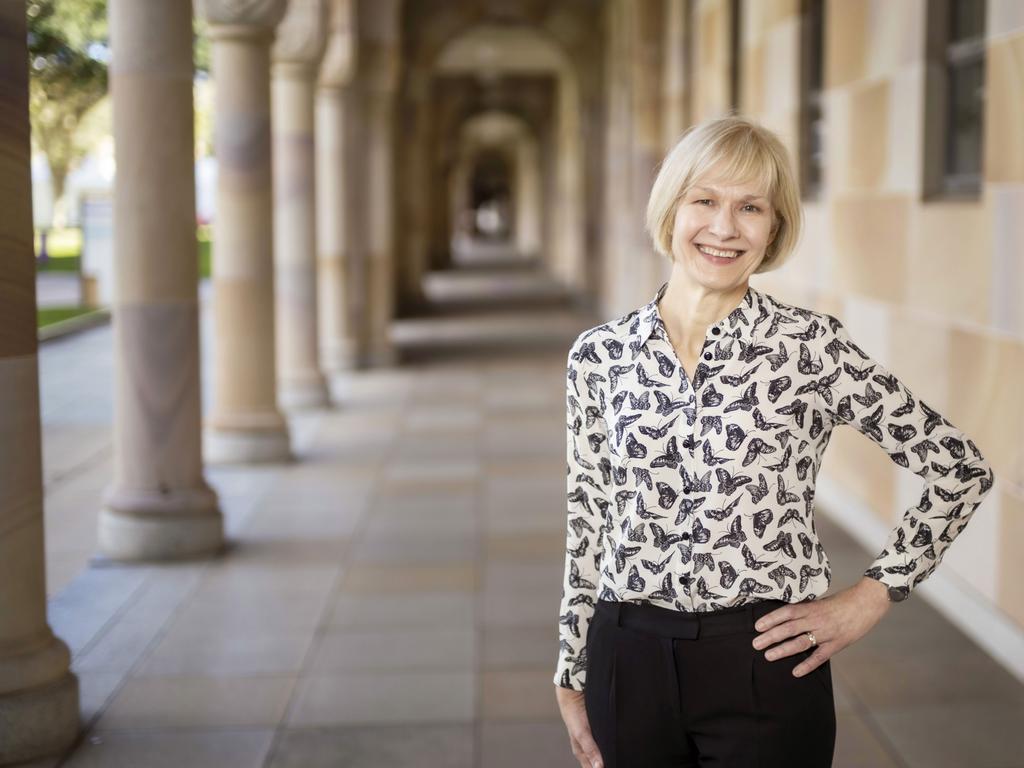
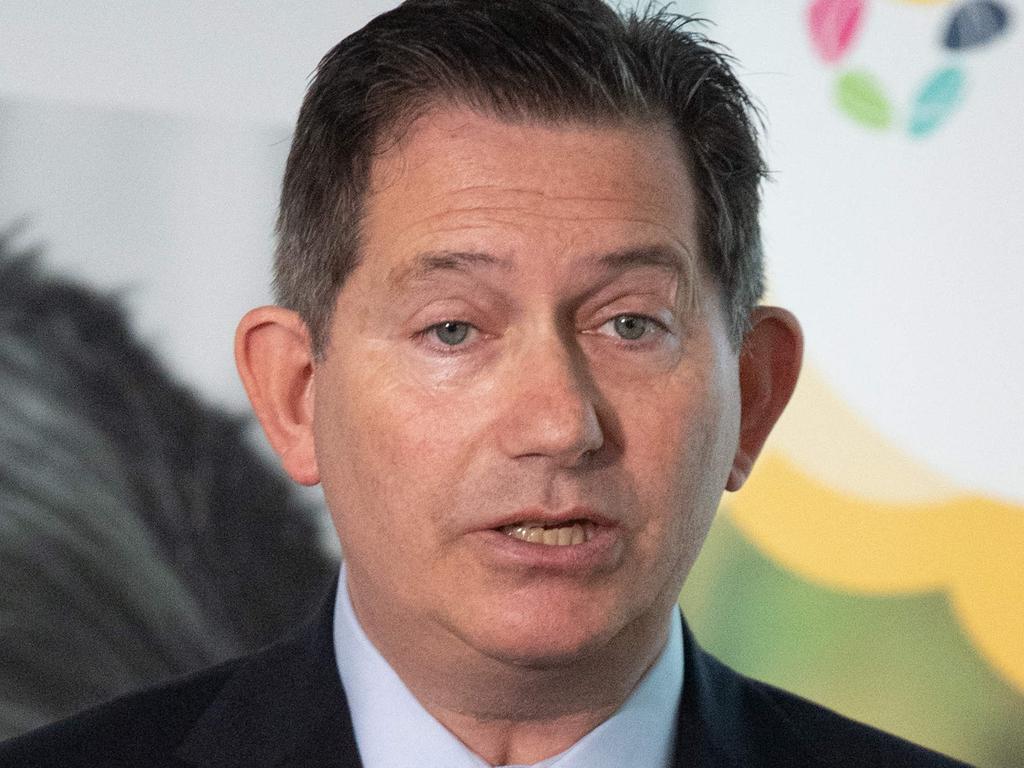



To join the conversation, please log in. Don't have an account? Register
Join the conversation, you are commenting as Logout